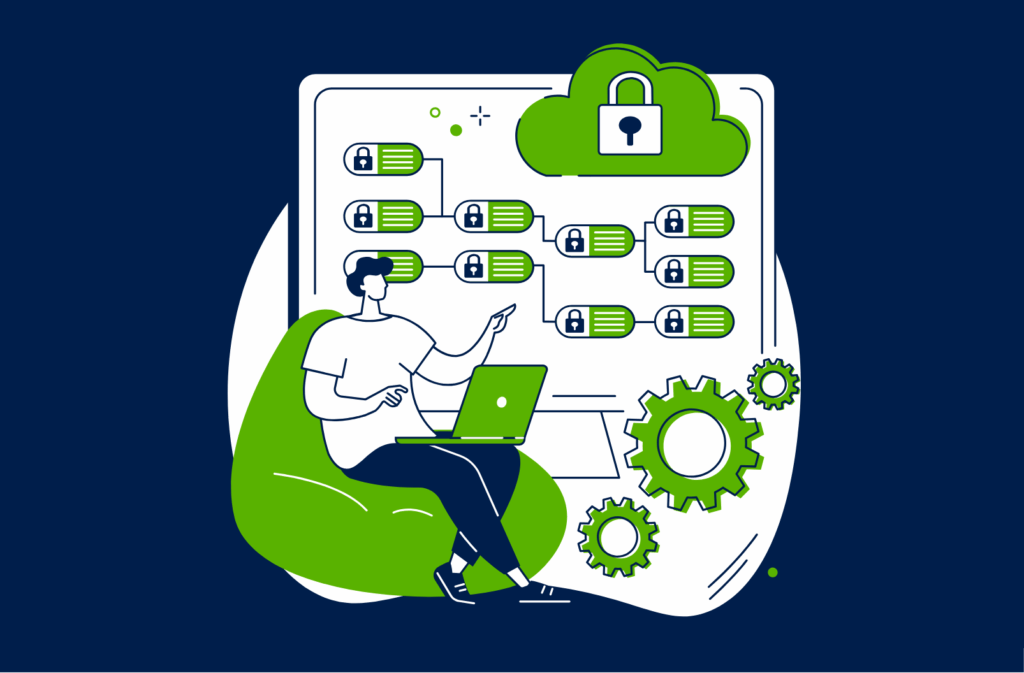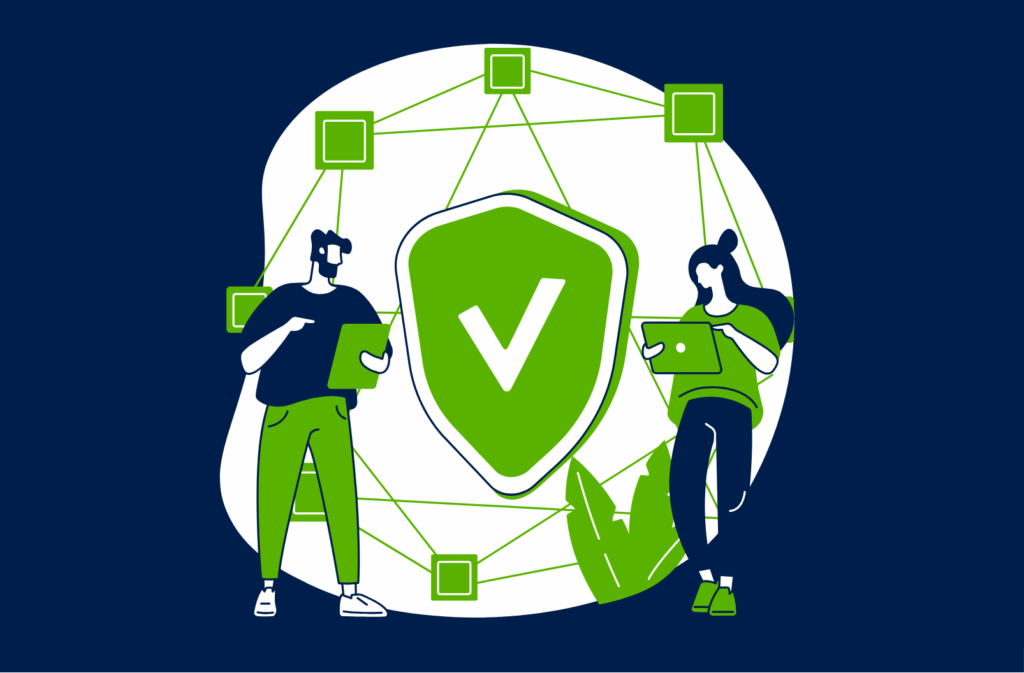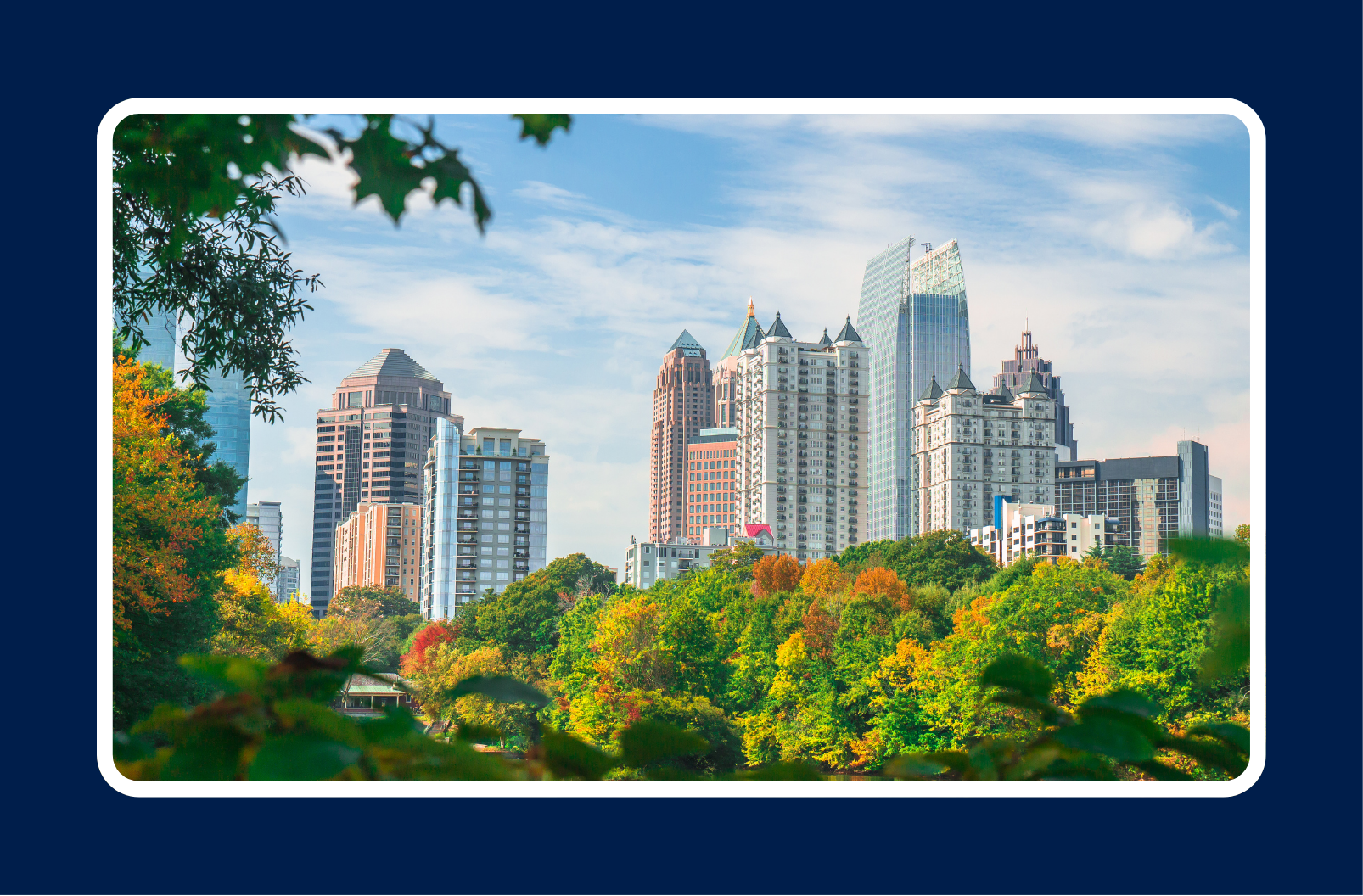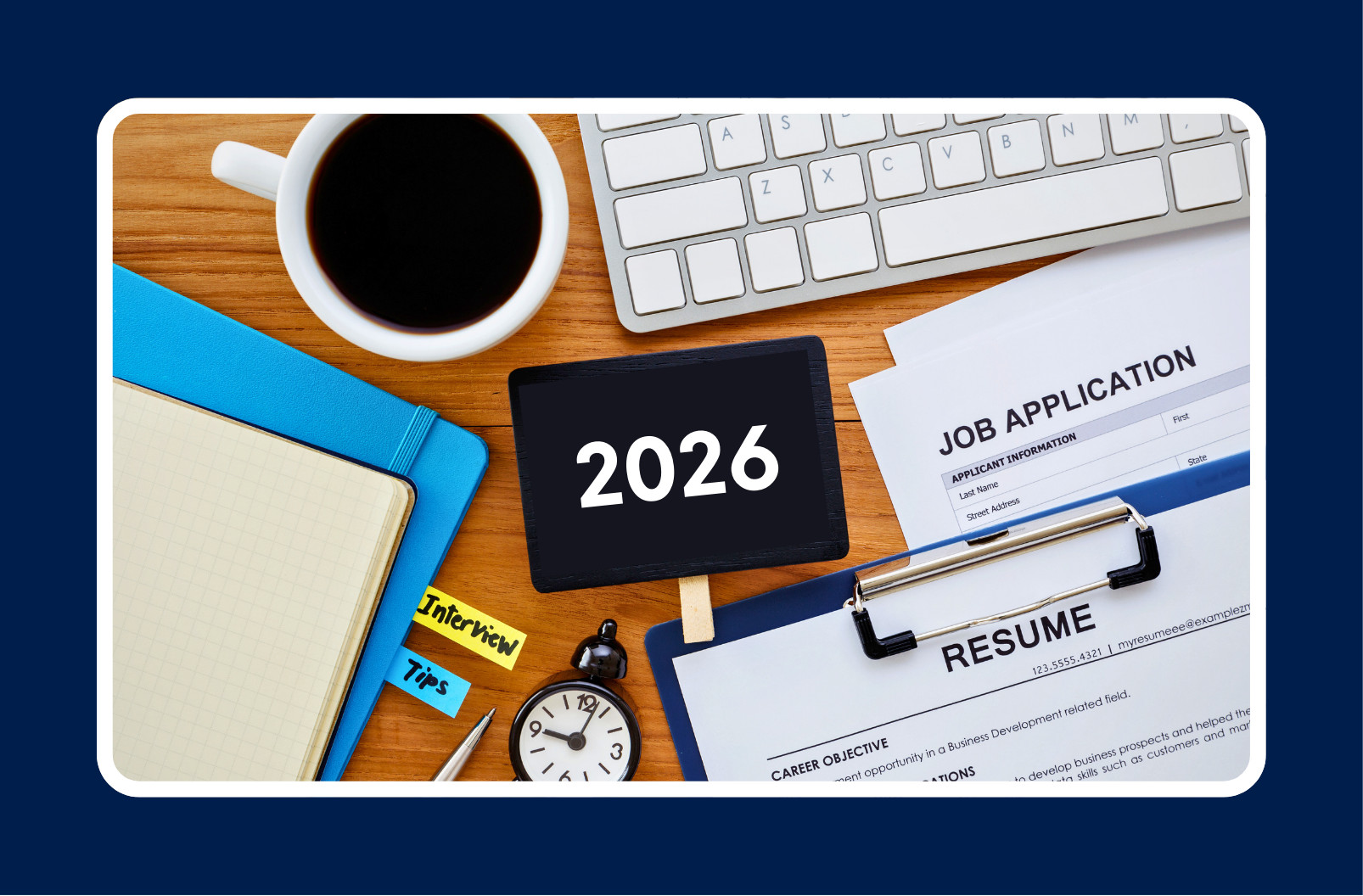Strong interview questions can be the difference between a good and a great hire. Tailored, contextual, and complex questions dig beneath the surface of a candidate’s resume. They reveal how well a cybersecurity architect fits the role, and how they operate in real scenarios.
Well-crafted questions are especially critical in a high-stakes industry like cybersecurity. When you’re hiring a cybersecurity architect, you’re betting on the future safety of your systems, data, and team.
To identify the candidate that’s best for your organization, consider asking these cybersecurity architect interview questions to get a comprehensive understanding of their background, mindset, and work process.

How do you approach designing for both security and scalability in cloud environments?
This question gets at a candidate’s ability to balance protection with performance. A great cybersecurity architect understands that systems must scale without sacrificing security. Look for references to cloud-native controls, automation, and infrastructure-as-code practices. The strongest candidates will demonstrate a proactive mindset and awareness of how security must evolve alongside growth.
How do you stay current on emerging threats and evolving best practices?
The security landscape changes daily. From zero-days to new regulatory standards, staying informed is critical. Candidates who can point to threat feeds, security communities, industry conferences, or certifications demonstrate ongoing engagement and curiosity. This question helps you assess their long-term adaptability, not just their current skill set.
How do you think recent changes in technology will affect your work?
This question is designed to uncover a candidate’s commitment to continuous learning. Security doesn’t exist in a vacuum. Great candidates stay ahead of trends in AI, cloud services, DevSecOps, and regulatory shifts. Just as important is how they apply what they learn. Do they bring new knowledge into team discussions? Do they update internal standards or influence architectural changes? The right answer shows curiousity and impact.
This question gives you insight into their strategic thinking and how they anticipate risk. You’re looking for a cybersecurity architect who sees around corners and helps future-proof your infrastructure.

How do you communicate technical security decisions to non-technical stakeholders or executives?
Great cybersecurity architects can translate risk and mitigation strategies into plain language. If a candidate can’t clearly explain risk to the people making business decisions, their strategies may never be adopted. Strong answers will show storytelling ability, clarity, and an understanding of business priorities.
What frameworks or standards do you use when designing secure systems?
Frameworks like NIST, ISO 27001, and CIS benchmarks reflect a candidate’s ability to design with rigor and structure. This question ensures they can align technical decisions with policy, compliance, and audit requirements. Bonus points if they tailor their approach based on the industry or regulatory environment.
How do you identify and prioritize security risks during the architecture phase?
This question uncovers whether a candidate is proactive or reactive when it comes to risk, and how methodical their approach is in the early stages of development.
Strong candidates will walk you through their risk evaluation framework. You want to hear how they systematically assess potential vulnerabilities, weigh them against business objectives, and decide where to focus time and resources.
Equally important is how they balance technical risk with business impact. An ideal candidate will be able to articulate how they determine which threats are most critical. It’s a sign that they’re aligning security with business needs.
The right questions help you go beyond buzzwords and certifications to find a cybersecurity architect who can genuinely safeguard your systems, scale with your team, and lead with clarity.
Choose your questions wisely and listen closely to how candidates think, not just what they know. That’s how you turn a technical interview into a long-term investment in your company’s security.








